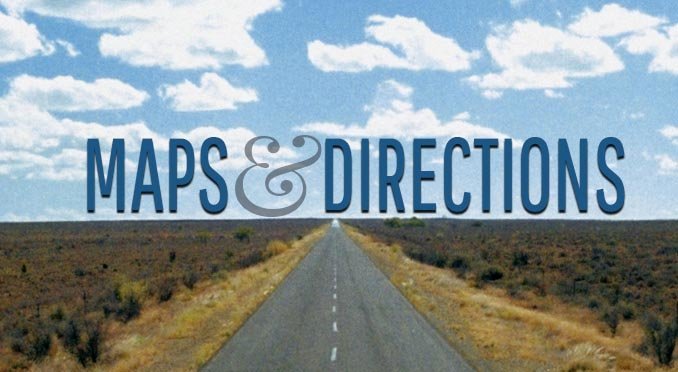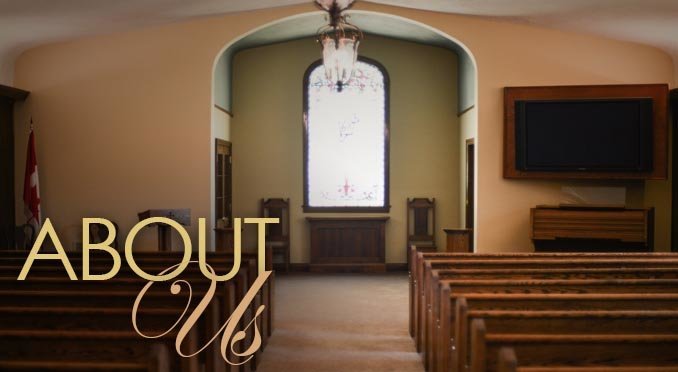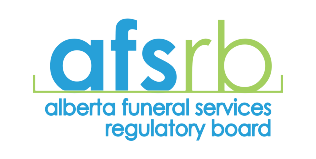CONTACT: 780-753-2332 OR 1-888-753-2339
When Death Occurs
Whether a death is sudden or expected, the loss of a loved one is indescribable. When you are in a heightened emotional state, even the most basic decisions can seem staggering. This section seeks to guide you through the immediate hours following a passing.
When death occurs at home or a place of business:
When someone dies unexpectedly outside of a recognized health care facility, the police will have to be notified immediately. The police will be dispatched to the home and will place the call to the medical examiner or coroner. From there, the medical examiner or coroner will have the person brought back to their care and determine whether further investigation is necessary. The medical examiner or coroner must release the body before a funeral home can do anything.
When a death occurs at a hospital/nursing home/hospice facility:
The staff of a care facility, such as a hospital or nursing home, will notify you and the necessary authorities immediately after a death has occurred. If a funeral home has been provided to the hospital or nursing home, they will be notified at the time of passing. If you are present at the hospital when the funeral director arrives, they will ask a few questions about the deceased's wishes and set up a time to make arrangements. If you are not present, a funeral director will contact you by telephone to discuss these arrangements.
Informing a Funeral Director:
Once everything has been cleared with the proper authorities, the next call you place should be to the funeral home of your choice. Funeral directors are here to help you arrange the safekeeping of your loved one, the following through of your loved one’s funeral wishes and the many details attached to the entirety of this process. Funeral directors are there to help you and advise you.
Meeting a Funeral Director
You should meet with a funeral director within one to two days of a death to begin making final arrangements for your loved one. Deciding on these final arrangements may seem like a very daunting task, especially when you are in heightened emotional state. Do not worry: our funeral home staff have years of experience, and will strive to ensure everything goes as smoothly as possible.
Making Arrangements:
First, the Funeral Director will gather information required for the funeral process. This includes:
- Vital Statistics Information
If a death has occurred, please click here to see the complete form for when someone passes away.
The funeral director will also need pertinent documents required to do all the legal paperwork, such as:
- Last Will
- Marriage Certificate
- Social Insurance Number of deceased
- Social Insurance Number of spouse
If no pre-planning has been done, necessary arrangements need to be made for the funeral service.
These include:
- Arranging to have your loved one brought back to the care of the funeral home
- Scheduling the location, date and time of the visitation and funeral service
- Selecting burial or cremation
- Choosing Funeral Products
- Arranging a cemetery plot
- Preparing an obituary notice
For a more specific list of what would need to be arranged for your loved one’s funeral wishes, please Contact Us for a personalized reflection of your funeral check list
A funeral director will guide you through all of these steps, using your wants, needs and desires as a foundation to create a memorable funeral for your loved one. From here the funeral services can be personalized. Did your loved one have a favourite sports team? What was their favourite type of music? What activity was your loved one known best for? Sharing these memories with the grieving process and will allow you to pay tribute to the life of your loved one.

Testimonials to Our Service













